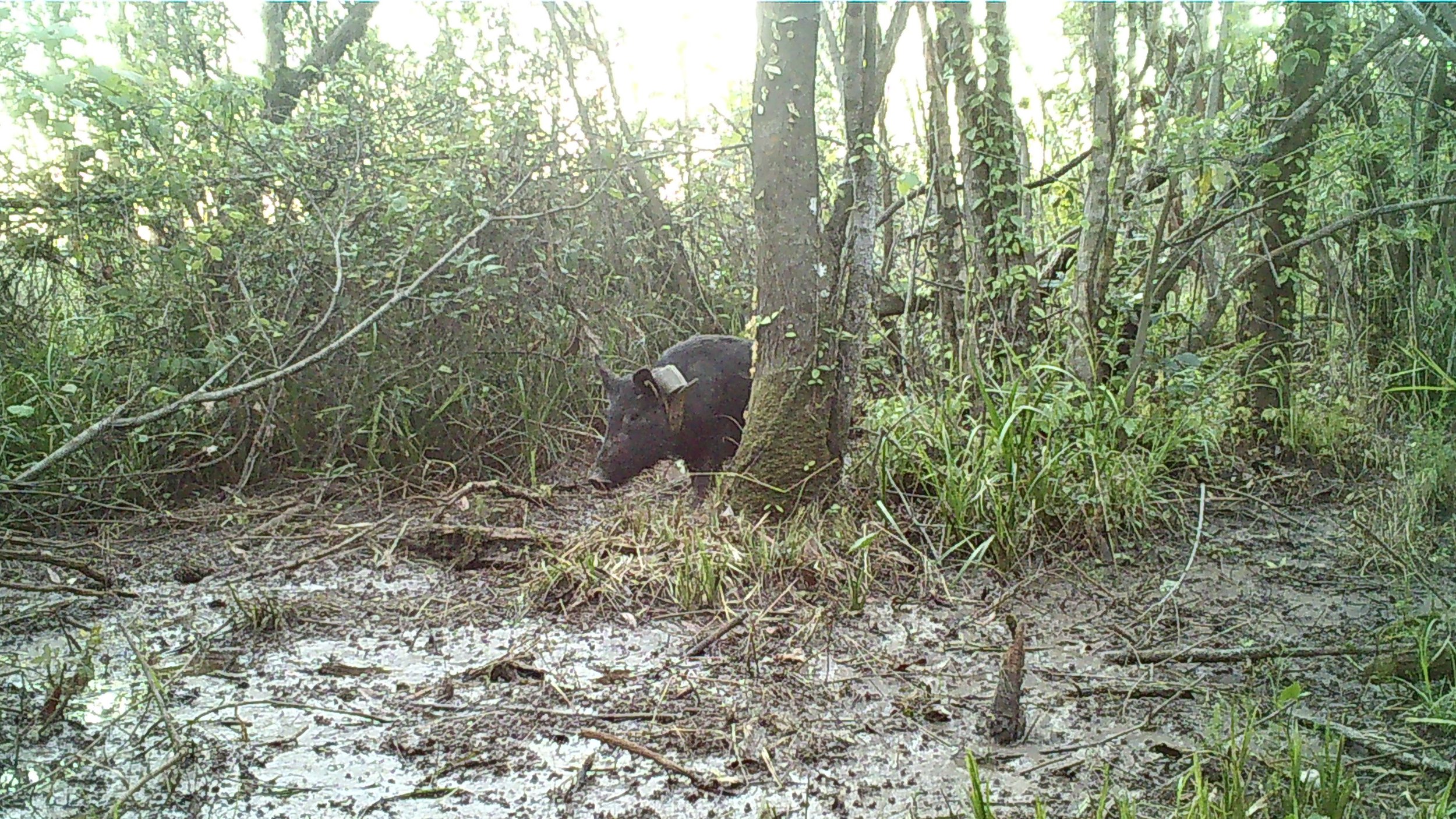
FLINT RIVER SOIL AND WATER CONSERVATION DISTRICT ANNOUNCES AGRICULTURAL & ENVIRONMENTAL EDUCATION GRANT FOR 2023-2024 SCHOOL YEAR
The Flint River Soil and Water Conservation District announces that it will award $3,000 in grant funds through the Agricultural & Environmental Education Grant for K-12 programming within the district’s nine counties.

FRSWCD Hosts Smart Irrigation Field Day Event
On February 21, the Flint River Soil and Water Conservation District (FRSWCD) held a Smart Irrigation Field Day in Colquitt, Georgia.

USDA Announces Conservation reserve Program Signup for 2023
Agriculture Secretary Tom Vilsack announced that agricultural producers and private landowners can begin applying for the Conservation Reserve Program (CRP) General signup starting February 27 through April 7, 2023.

2023 Annual Education Grant Press Release
The Flint River Soil and Water Conservation District announces that it will award $3,000 in grant funds through the Agricultural & Environmental Education Grant for K-12 programming within the district’s nine counties.

Flint River Soil and Water Conservation District Partners with Golden Peanut for Re:Generations Program Expansion into the Southeast
FRSWCD launched partnership with Golden Peanut.

Sen. Ossoff Honors Community Leader and Farmer Marty McLendon for His Service to Southwest Georgia
U.S. Senator Jon Ossoff is honoring Marty McLendon (FRSWCD Chairman) for his work in Georgia’s agricultural community in the Official Congressional Record.

2022 Census of Agriculture Coming This November
The Census of Agriculture, conducted once every five years, looks at land use and ownership, producer characteristics, production practices, income, and expenditures.

Georgia Department of Natural Resources Working Lands for Quail Habitat Pilot Project
Georgia DNR offers works lands pilot projects.

Georgia Soil and Water Conservation Commisson (GSWCC) Stream Restoration Project
The Georgia Soil and Water Conservation Commission announces new programming.

Flint River Soil and Water Conservation District Partners with Golden Peanut for Re:Generations Program Expansion into the Southeast
Archer Daniels Midland (ADM), Golden Peanut, the Flint River Soil and Water Conservation District (FRSWCD) and Farmers Business Network (FBN) have partnered to expand ADM’s Re:GenerationsÔ program into the southeast through peanut and soybean crop production.

NEWS RELEASE - USDA-NRCS in Georgia Announces Environmental Quality Incentives Program Sign-Up
ATHENS, GA, October 3, 2022 — State Conservationist Terrance O. Rudolph of the USDA-Natural Resources Conservation Service (NRCS) announced today a statewide application ranking date for fiscal year 2023 Environmental Quality Incentives Program (EQIP) funding. All Georgia agricultural and forest operators who wish to be considered for this year’s technical and financial assistance should apply by November 4, 2022.

GAE Fall 2022 STEM Challenge - Now Open!
This STEM Challenge is a special project brought to you by the Georgia Ag Experience, the Georgia Foundation for Agriculture and Georgia Farm Bureau's Ag-in-the-Classroom. We partner with the Georgia Association of Conservation Districts to make this happen!

NEWS RELEASE - There is still time to respond to USDA’s Conservation Practice Adoption Motivations Survey
ATHENS, GA – USDA’s National Agricultural Statistics Service (NASS) will continue collecting responses to the Conservation Practice Adoption Motivations Survey over the coming weeks.

High School Students Awarded Scholarships at 2022 National Resources Conservation Workshop
The Flint River Soil and Water Conservation District (FRSWCD) is proud to recognize Educational Scholarship recipients at the 61st Natural Resources Conservation Workshop at Abraham Baldwin Agricultural College in Tifton, Georgia.

Crop Damage Assessment
Drone flights can be easy, quick, and informative. Drones can be utilized for a wide variety of uses, including crop damage detection, damage to equipment, assessing crop health, and much more! Justine Smith, a wildlife ecology graduate student from the University of Georgia, is working on a study with the Jones Center at Ichauway to observe changes in wild pig damage to crops as reduction methods are implemented by the U.S. Department of Agriculture (USDA).

The Judas Technique
The current feral swine population in the United States may exceed six million individuals across at least 35 states. The annual damage and control costs are more than $1.5 billion, and $150 million for Georgia alone in 2014.

Feral Swine Diseases
Feral swine are best known for their destruction to agriculture, such as row crops, forestry, livestock, and pastures. However, they also cause great risks to health and safety by harboring and transmitting diseases. They are known to carry or transmit at least 30 diseases (viral and bacterial) as well as host a minimum of 37 parasites that can affect humans, pets, wildlife, and livestock.

Farm Monitor and Ranger Nick Feature Feral Swine Research
This month, Farm Monitor’s Ranger Nick segment highlights the damage and issues surrounding invasive feral swine, some control best practices, and ongoing research funded through the Feral Swine Control and Eradication Pilot Project.

Meet our Team: Aubree Plymale
The Flint River Soil and Water Conservation District is excited to announce our newest team member! Aubree Plymale is joining the District for the summer of 2022 as the Feral Swine Summer Coordinator. As Summer Coordinator, Aubree will work directly on the District’s feral swine initiative and the Feral Swine Control and Eradication Pilot Project.
FRSWCD Announces Summer Coordinator Positions
The Flint River Soil and Water Conservation District has annouced two Summer Coordinator positions to support Feral Swine Control and Smart Irrigation initiatives.
